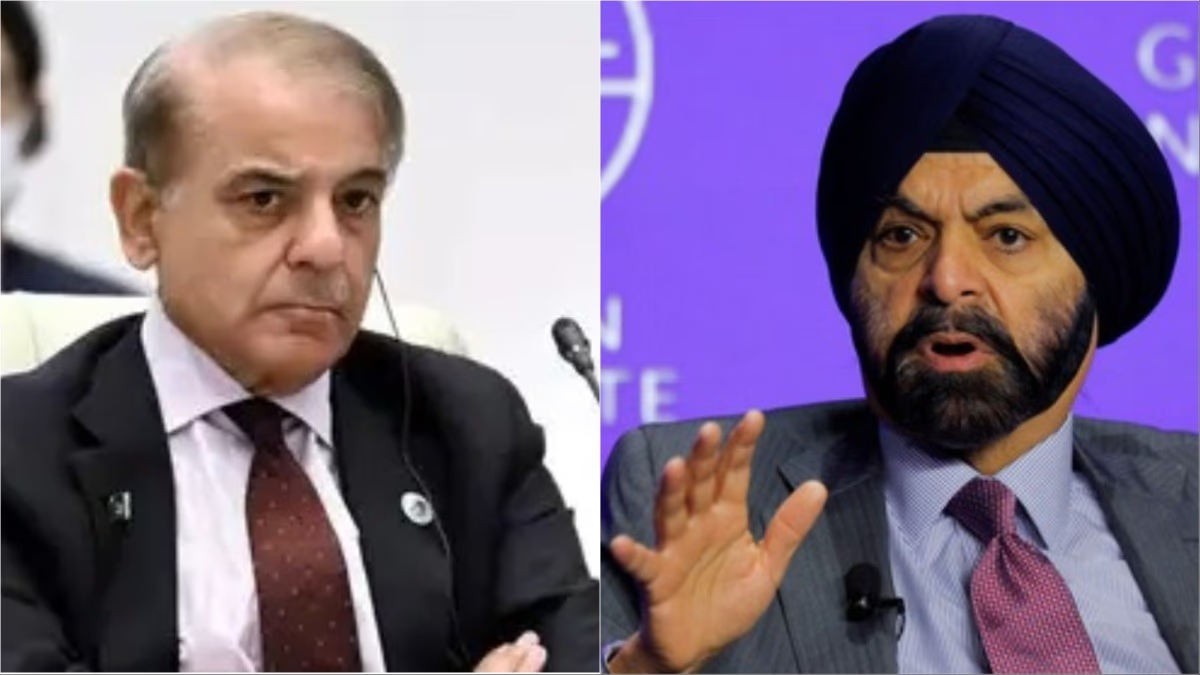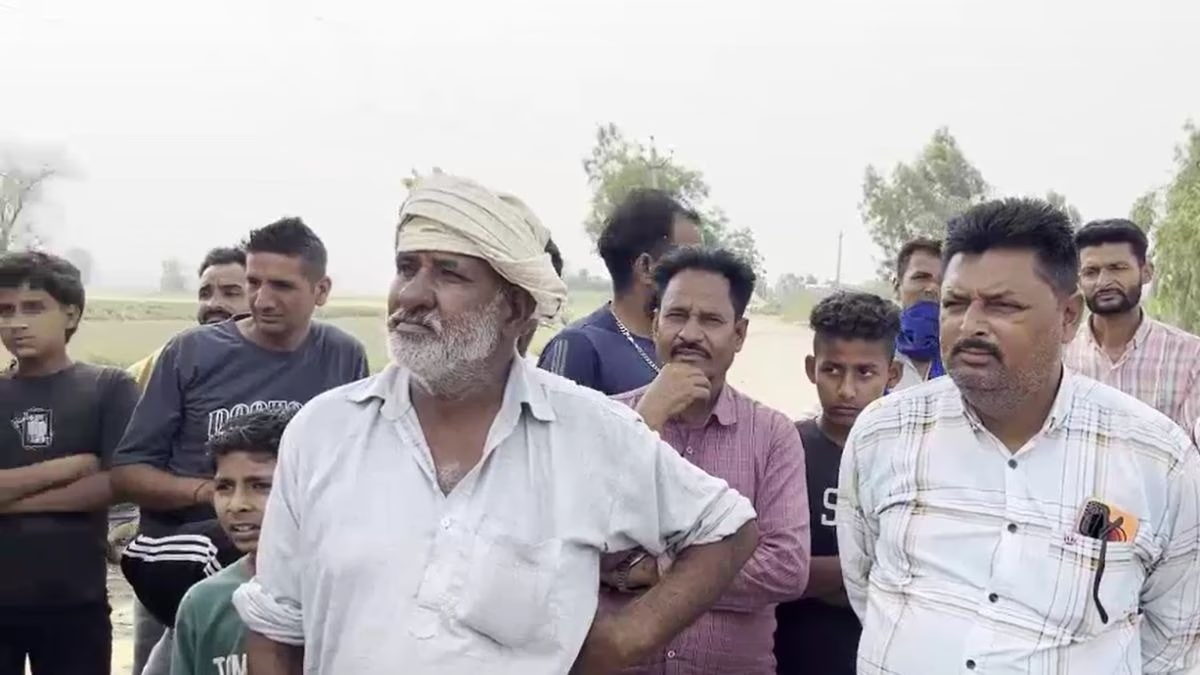As the ongoing conflict with India continues, Pakistan is dealt another heavy blow. After the Pahalgam attack, when India unilaterally canceled the Indus Water Treaty of 1960 with Pakistan, experts in Pakistan argued that India could not cancel the treaty unilaterally, and the World Bank could compel India to reverse its decision. However, the World Bank has clearly stated that it cannot force India to alter its decision.
World Bank President Ajay Banga has clarified that the institution's role is limited to acting as a mediator in bilateral issues between countries.
On Thursday, Ajay Banga met with Prime Minister Narendra Modi and Finance Minister Nirmala Sitharaman. While details of the meeting remain confidential, Banga stated to CNBC-TV18 that the agreement is between two sovereign nations, and if they disagree, the World Bank's role is merely to arrange for a neutral expert or mediator to facilitate the resolution.
Banga stressed, 'We provide payments for experts or mediators from a trust fund established at the time of the treaty. That is the extent of our role.'
Moreover, in remarks reported by the Press Information Bureau (PIB), Banga mentioned, 'There's a lot of speculation in the media about how the World Bank could resolve this issue, but these are unfounded rumors. Our role is solely supportive.'
Pakistan Contemplates Taking Treaty Suspension Issue to the World Bank
At the end of last month, Pakistan announced its intention to challenge India's 'unilateral and illegal' decision through the World Bank.
The deadly terrorist attack in Pahalgam, Jammu and Kashmir, claimed 26 lives, with ties traced back to Pakistan. In response, India suspended the Indus Water Treaty with Pakistan.
India's Foreign Secretary Vikram Misri addressed the media on Thursday, explaining that Pakistan had repeatedly created obstacles for years, compelling India to suspend the treaty.
Misri revealed at a press briefing, 'We sent multiple letters asking for dialogue on amending the treaty. India has honored this agreement for over six decades. It is Pakistan that has violated this treaty and intentionally hindered India's legitimate rights over the western rivers.'
In reaction to the Pahalgam attack, India undertook several measures against Pakistan, the most significant being the cancellation of the Indus Water Treaty. India subsequently sealed the Attari-Wagah border, expelled top Pakistani diplomats, and revoked all short-term visas issued to Pakistani citizens.
Initially signed on September 19, 1960, under the World Bank's mediation, the Indus Water Treaty orchestrated an agreement between India and Pakistan over the distribution of the Indus and its tributaries - the Ravi, Beas, Sutlej, Jhelum, Chenab, and Kabul rivers.
As per the agreement, India gained unrestricted rights to utilize water from the three eastern rivers - the Ravi, Beas, and Sutlej, whereas Pakistan received access to the western rivers - the Indus, Chenab, and Jhelum.




